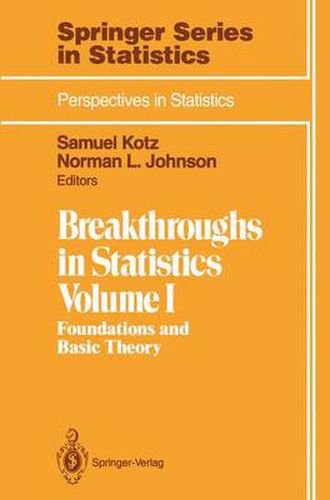Readings Newsletter
Become a Readings Member to make your shopping experience even easier.
Sign in or sign up for free!
You’re not far away from qualifying for FREE standard shipping within Australia
You’ve qualified for FREE standard shipping within Australia
The cart is loading…






This title is printed to order. This book may have been self-published. If so, we cannot guarantee the quality of the content. In the main most books will have gone through the editing process however some may not. We therefore suggest that you be aware of this before ordering this book. If in doubt check either the author or publisher’s details as we are unable to accept any returns unless they are faulty. Please contact us if you have any questions.
McCrimmon, having gotten Grierson’s attention, continued: A breakthrough, you say? If it’s in economics, at least it can’t be dangerous. Nothing like gene engineering, laser beams, sex hormones or international relations. That’s where we don’t want any breakthroughs.
(Galbraith, 1. K. (1990) A Tenured Profes- sor, Houghton Miffiin; Boston. ) To judge [astronomy] in this way [a narrow utilitarian point of view] demon- strates not only how poor we are, but also how small, narrow, and indolent our minds are; it shows a disposition always to calculate the payolIbefore the work, a cold heart and a lack of feeling for everything that is great and honors man. One can unfortunately not deny that such a mode of thinking is not uncommon in our age, and I am convinced that this is closely connected with the catastro- phes which have befallen many countries in recent times; do not mistake me, I do not talk of the general lack of concern for science, but of the source from which all this has come, of the tendency to everywhere look out for one’s advan- tage and to relate everything to one’s physical well-being, of the indilIerence towards great ideas, ofthe aversion to any elIort which derives from pure enthu- siasm: I believe that such attitudes, if they prevail, can be decisive in catas- trophes of the kind we have experienced. [Gauss, K. F. : Astronomische An- trittsvorlesung (cited from Buhler, W. K. (1981) Gauss: A Biographical Study, Springer: New York)].
$9.00 standard shipping within Australia
FREE standard shipping within Australia for orders over $100.00
Express & International shipping calculated at checkout
This title is printed to order. This book may have been self-published. If so, we cannot guarantee the quality of the content. In the main most books will have gone through the editing process however some may not. We therefore suggest that you be aware of this before ordering this book. If in doubt check either the author or publisher’s details as we are unable to accept any returns unless they are faulty. Please contact us if you have any questions.
McCrimmon, having gotten Grierson’s attention, continued: A breakthrough, you say? If it’s in economics, at least it can’t be dangerous. Nothing like gene engineering, laser beams, sex hormones or international relations. That’s where we don’t want any breakthroughs.
(Galbraith, 1. K. (1990) A Tenured Profes- sor, Houghton Miffiin; Boston. ) To judge [astronomy] in this way [a narrow utilitarian point of view] demon- strates not only how poor we are, but also how small, narrow, and indolent our minds are; it shows a disposition always to calculate the payolIbefore the work, a cold heart and a lack of feeling for everything that is great and honors man. One can unfortunately not deny that such a mode of thinking is not uncommon in our age, and I am convinced that this is closely connected with the catastro- phes which have befallen many countries in recent times; do not mistake me, I do not talk of the general lack of concern for science, but of the source from which all this has come, of the tendency to everywhere look out for one’s advan- tage and to relate everything to one’s physical well-being, of the indilIerence towards great ideas, ofthe aversion to any elIort which derives from pure enthu- siasm: I believe that such attitudes, if they prevail, can be decisive in catas- trophes of the kind we have experienced. [Gauss, K. F. : Astronomische An- trittsvorlesung (cited from Buhler, W. K. (1981) Gauss: A Biographical Study, Springer: New York)].